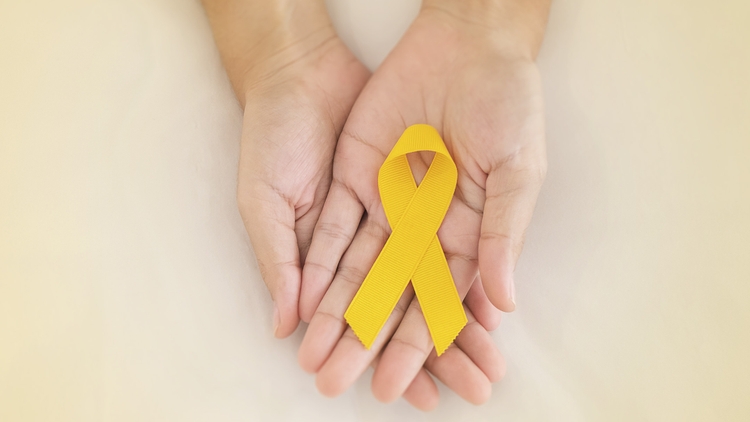Suicide Prevention Awareness Month — Fostering Community in a Time of Isolation

September is Suicide Prevention Awareness Month, with World Suicide Prevention Day having taken place on September 10; and although we are now reaching the end of the month, awareness of our loved ones’ mental health has never been more important.
With the winter months closing in and a second wave of the coronavirus seeming increasingly likely, there is the very real possibility that the enforced confinement and lack of social interaction at the darkest, coldest time of year could lead to friends and family suffering from depression and experiencing suicidal ideation.
What Can I Do to Help?
Dealing with suicidal ideation in those we love may seem like an impossible task given our lack of education or expertise in the field, but there are many simple, practical things you can do to support those who need help at this time.
The National Suicide Prevention Lifeline sets out six clear guidelines for how to react to such a situation.
- Ask It may seem too simple a solution, but research supports the notion that sometimes the simplest way to help is to ask, in a genuinely caring way, how someone is doing. Those struggling with suicidal thoughts often feel relief when the question is asked, and talking about suicidal ideation reduces its power.
- Be There When someone listens without judgment, it gives sufferers the opportunity to share their burden with someone. As a result, they feel less depressed or overwhelmed, and it can even lead to them feeling more hopeful about life.
- Keep Them Safe Research has proven that suicide rates decline when people don’t have the means or easy access to tools they can use to hurt themselves. While this doesn’t mean you should remove a person’s agency by covering their house in bubble wrap, it does mean you can help them by ensuring they have exactly what they need and nothing more.
- Help Them Stay Connected Helping loved ones set up a network of resources or people can help them feel connected, and this has been supported by research. These resources help them take positive action and lessen the feelings of unhappiness.
- Follow Up Even brief, low-key and low-cost interactions on a regular basis can help those struggling with suicidal thoughts know that they are not alone. These sorts of interactions have a massive impact on suicide prevention and is particularly effective for those who have just been discharged from hospital or care services.
- Learn More There are many great resources out there which you can use to broaden your knowledge of how to help friends or loved ones with suicidal ideation, but this resource is a good place to start, with plenty of advice and numbers to call.
What Do I Need to Look Out For?
There are a large number of risk factors when trying to ascertain whether someone is suffering from suicidal thoughts, but at the time of isolation and introspection during a pandemic, some of the things to look out for include:
- Anxiety or mood disorders
- Increased use of alcohol or other substances
- Hopelessness
- Impulsive and/or aggressive tendencies
- Job or financial loss
- Loss of relationship(s)
- Lack of social support and sense of isolation
For a full breakdown of risk factors, you can check the Suicide Prevention Lifeline’s detailed list in this article.
Support Is Out There and Available for You
If you have been struggling with suicidal thoughts, you do not have to battle on alone. Contact the Suicide Prevention Lifeline at 1-800-273-8255.

